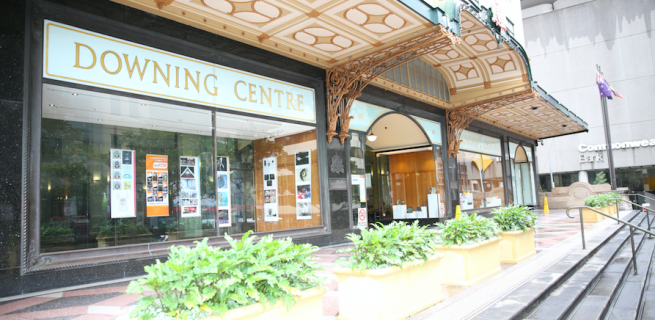Local Court
Most criminal and civil cases first enter the New South Wales (NSW) court system via the Local Court.
The Local Court is presided over by magistrates who hear and decide cases.
The Local Court has criminal and civil jurisdictions.
It deals with:
- ‘Summary cases’ – which are criminal cases that have a maximum penalty of 2 years imprisonment or less
- ‘Committals’ — which are hearings for more serious cases to decide whether there is enough evidence for them to go up to the District or Supreme Court, and
- Civil cases up to $100,000.
Even serious criminal cases such as murder and commercial drug cases will start out in the Local Court before they are later ‘committed’ to a higher court.
The Local Court also determines a range of applications such as:
- Apprehended violence orders (AVO’s)
- Appeals against council decisions (eg dangerous dog declarations), and
- Appeals relating to driver’s licences.
The Local Court has limited jurisdiction under the Family Law Act 1975 to hear and determine family law applications such as property settlements and residence orders.
The Downing Centre (old Mark Foys Building) on the corner of Elizabeth and Liverpool Street is the main Local Court in Sydney. It houses two full levels of Local Courts.
In addition to the Downing Centre, branches of the Local Court are found in Sydney Metropolitan Areas such as Parramatta and Liverpool and throughout Regional Australia.
District Court
The District Court is the next highest court after the Local Court.
It is presided over by a judges rather than magistrates.
Most large population centres have a District Court sitting at least part of the year.
Jury trials often occur in the District Court.
Juries comprise 12 people who decide whether an accused person is guilty or not guilty.
The Judge in a jury trial makes decisions about the law, including whether certain evidence is admissible. The Judge will also direct the jury about the law and decide the penalty given to a person who is found guilty.
The civil jurisdiction of the District Court is limited to amounts that do not exceed $750,000.
The Court also hears all motor vehicle cases, regardless of the amount claimed.
The District Court can hear appeals from decisions of the Local Court and can overturn a magistrate’s decision.
Supreme Court
The Supreme Court of New South Wales is presided over by justices rather than judges or magistrates.
It operates on two levels: a divisional level and an appellate level.
The divisional level consists of ordinary justices of the Supreme Court.
These are judges who deal with civil matters, for example, breaches of contract, defamation or professional negligence, and criminal matters such as murder and manslaughter, attempted murder, major conspiracy and serious drug related charges.
They may sit alone or with a jury.
The Court generally hears matters involving only the most serious criminal cases.
In civil matters, due to the extreme legal costs, it generally only hears matters involving larger sums of money or title to land.
The Supreme Court sits mainly in Sydney and sometimes in other large towns in the state.
The appellate level consists of the Court of Appeal and the Court of Criminal Appeal.
The Court of Appeal hears appeals arising from civil matters from the District Court, Land and Environment Court, Compensation Court and some tribunals and appeals from single judges of the Supreme Court.
In some cases the right of appeal is not automatic and a grant of leave may be required.
It normally sits as a full court of three justices.
In cases dealing with very important principles of law, a full bench of five or more justices will sit.
The Court of Criminal Appeal deals exclusively with appeals rising from criminal cases.
Appeals are normally heard by three justices or, in some sentence appeals where there is no issue of principle, two justices.
In some cases dealing with very important principles of law, a full bench of five or more justices will sit.
The Court of Appeal and the Court of Criminal Appeal can review questions of law and overturn findings of fact.
They can also reduce or increase penalties or awards of damages or gaol sentences.
An experienced lawyer will be able to advise you about the court likely to hear your case and the best way to achieve the most favourable outcome within the court system.












What laws or acts support “the creation of doubt” In “care court matters” ……I am Australia nsw..